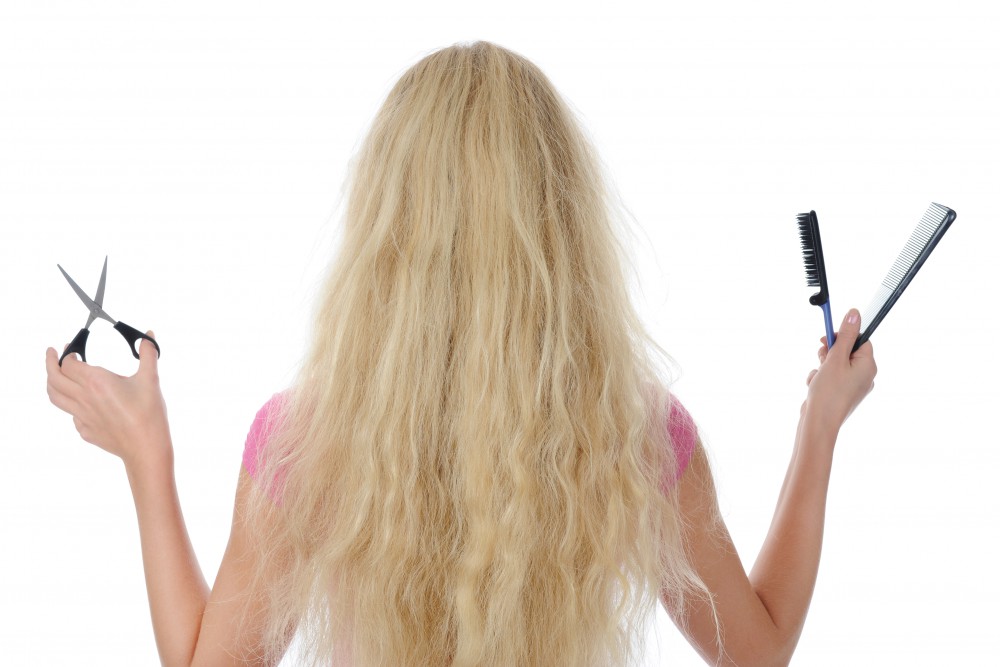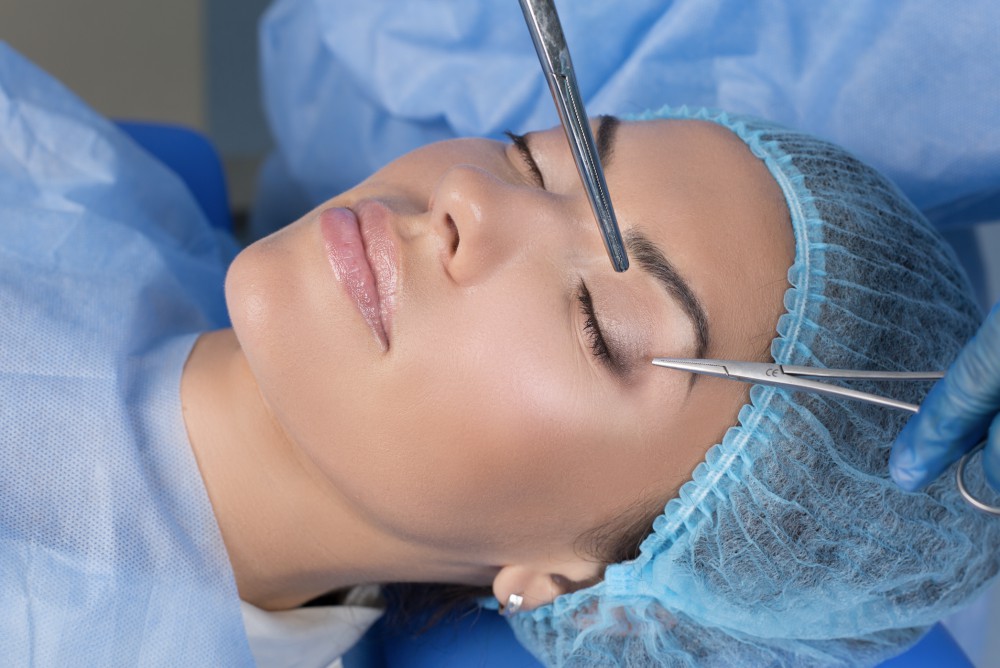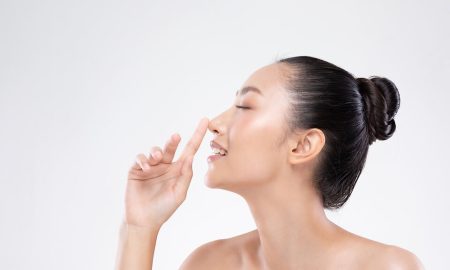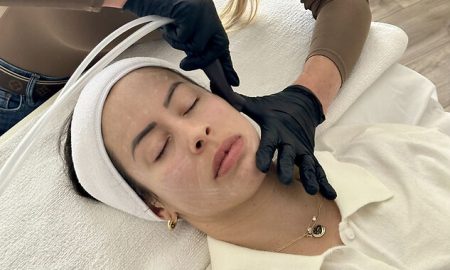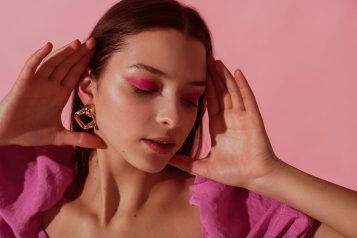Brushing your hair 100 times a day will promote hair growth, washing your hair with ice cold water will ensure it shines, and switching up shampoos will guarantee an improvement of your luscious follicles, right? Wrong. Hair myths, we've all heard of them and we've all fallen victim of the tried and true follicle fables, but which myths should we be cautious of when diagnosing ourselves with hair atrocities? Haute Beauty caught up with hair restoration expert Dr. Demetri Arnaoutakis to discuss the truth hidden behind the myths.
Myth: Dandruff signifies a dry scalp?
Truth: Dandruff causes the scalp to flake and may cause visible flakes on clothing or in the hair. In some instances, it is due to a fungal infection. Dry scalp, by contrast, occurs when the scalp does not produce or hold enough moisture. It is important to understand the difference between dandruff and a dry scalp because this can dictate what the appropriate treatment will be.
Myth: Trimming your hair every 6 weeks encourages hair growth?
Truth: Cutting the ends of your hair does not affect the follicles deeper in the scalp which ultimately determine how fast and how much your hair grows. Regardless if you cut it or not, hair grows about a quarter inch each month. However, getting rid of split ends will reduce hair breakage which can make the hair appear thinner and shorter.
Myth: Stress causes gray hairs?
Truth: There is evidence that hormones mediate the signals instructing melanocytes to deliver melanin to keratinocytes. Thus, if that signal is disrupted, melanin will not deliver pigment to your hair. Without a doubt, genetics play the largest role in when you will start going gray. Scientists have identified the first gene responsible for gray hair, IRF4. Potentially, one day this may allow us to discover a method to prevent gray hair in people.
Myth: Wearing your hair in ponytails causes hair loss?
Truth: Believe it or not, some women may actually experience a condition known as traction alopecia. This comes about when the hair is forcefully pulled towards the vertex of the scalp. In addition to causing hair loss, wearing a tight ponytail may also cause scarring and just general discomfort.
For more information, visit Dr. Demetri Arnaoutakis's social media:







